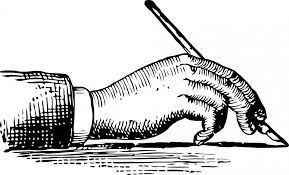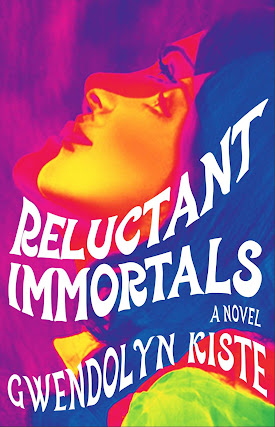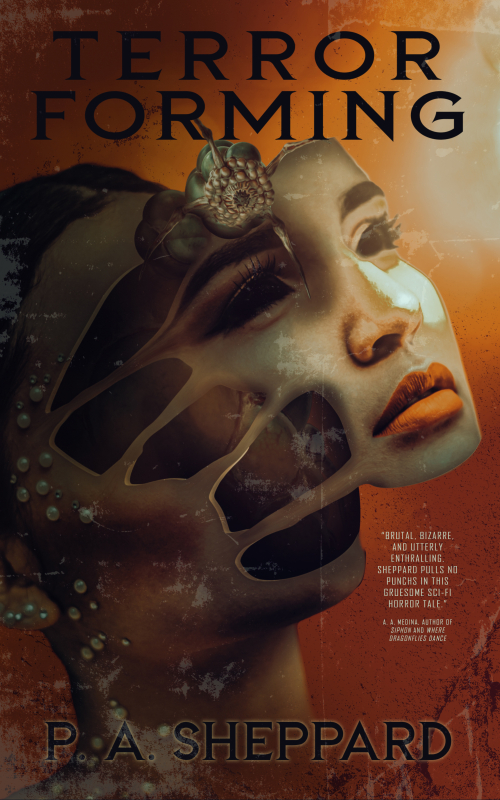Words You Shouldn't Use When Writing
A few days ago I was having a conversation with my fellow author mates and we got onto discussing the loathsome joyless task of editing our writing.
We lamented just how painful it is when you read over a first draft of a story that you had thought was the best thing you'd ever written only to find it turning to ash when you next read it.
But there is a fail safe way to really tighten up your writing and make it look much better. It's not your amazing subject matter and plot creating the problem, rather your choice of words. This will help to create a great fluid flow of words making it easier for your authors to read. It will also help improve your rhythm which is very important too.
A friend of mine, William Marchese, told me that there are certain words you must never use when writing. They are words we're all guilty of using in our work, words deeply embedded in our dialogue however they look terrible in written prose.
This really got me thinking and after a lengthy discussion with Professor Google I compiled my own lists of words you should never use when writing. I'm going to use this list when I edit my next story. I even used this to edit this post and my god I have to admit I use these very words far too often, but at least I'm beginning to be aware of it.
Once found, you can easily get rid of these following words using Microsoft Office's Find and Replace function making your life a lot easier.
But you'll still have to edit your story word by painful word.
Sorry.
Then
A very commonly used word which we use in conversation but it has no place in our prose if they are just there to illustrate a sequence of events. This make your work feel repetitive and boring.
For example.
Instead of,
Bob killed his cat, then it became a zombie cat, then it ate him.
You can write,
Bob killed his cat, it became a zombie cat, it ate him.
If you go through your work, you'll find you can omit virtually all the Thens in your work.
The only time you really need to use the word Then is to clarify that two events are happening in sequence.
Bob went out to buy cat food, then he realised he'd killed his cat.
That
Did you know, most sentences still make complete sense after you've removed all the Thats.
For example
Instead of,
Did you know that most sentences still make complete sense after you've removed all the Thats?
You can write,
Did you know, most sentences still make complete sense after you've removed all the Thats.
Like
Another very commonly used word in writing. I know I'm guilty of using this one. Instead of using simile's to describe events unfolding in your story use metaphors, they have much more power.
Suddenly
This word is commonly misused to create tension and action but it actually slows down the pace of your story.
Instead of,
Suddenly Bob killed the cat.
You can write,
Bob killed the cat.
Is
Now you may think this list is getting silly now but Is should also be omitted from your work. Related to Is are Am, Are, Was and Were. These connecting words should be used sparingly.
Instead of,
Bob was killing the cat. Then it was becoming a zombie cat. Then it was eating him.
You can write,
Bob killed the cat. It became a zombie cat who ate him.
Really/Very
Really and very are useless modifier that just clunks up your writing and disrupts your flow.
Instead of
It was a really tall tower.
You can write,
It was a tall tower.
Really and very are useless modifier that just clunks up your writing and disrupts your flow.
Instead of
It was a really tall tower.
You can write,
It was a tall tower.
Descriptive Words that should never be used in writing.
The following words should never be used in writing. They are boring, over used and considered lazy. You can give your writing a real edge by replacing these following words with something more interesting. This technique will really help you to find your own unique style of writing.
Just
|
Unnecessary
|
Breathe, inhale, exhale
|
Dull!
|
Shrug, nod, reach
|
Dull!
|
Wonder, thought, realise, feel
|
Dull!
|
Certainly, probably, basically
|
Adverbs are only used by lazy authors! Plus they’re dull!
|
Rather, quite, somehow.
|
Dull!
|
Quickly, slowly, reluctantly
|
Adverbs are only used by lazy authors! Plus they’re dull!
|
Dialogue tags – giggle, whispered quietly, shouted, and even said.
|
Editors hate these with a burning passion! I’ve actually been told
off for using these in the past.
|





Excellent post! The "is" example also explains about passive sentences. Though not all instances of was mean it's passive.
ReplyDeleteVery informative!
Thanks Will!
ReplyDelete